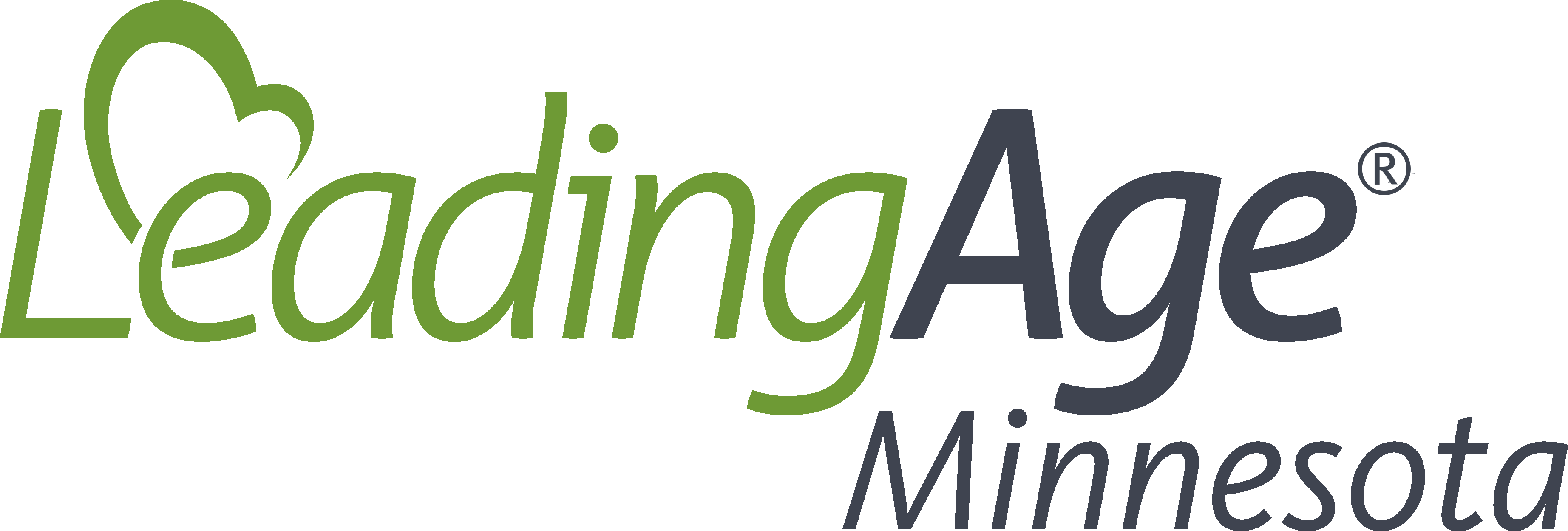Residential Services
A Range of Services can be offered in residential buildings for older persons. Here is a description of some of these services and programs:
Senior Housing with Limited Services
Even in senior housing called "independent" housing, some services, such as meals in a central dining room, or housekeeping services may be available. Activity programs are common, and some buildings offer transportation, assistance in finding services, and more. Some of these senior communities are apartment-style buildings, while others may be built as townhouses, cottages or patio homes. Most of these senior communities are rental, but Minnesota does have a number of senior cooperatives and senior condominiums.
Housing with Services Establishments
Many senior buildings are categorized as "Housing with Services" because they provide a variety of supportive services and/or health-related services. Housing with services settings include a variety of types of residential buildings, such as:
- market rate rental apartment buildings
- subsidized apartment buildings
- board and lodging establishments
- adult foster care homes and
- non-certified boarding care homes.
Under Minnesota law, senior housing buildings that offer or provide specific types of services must register each year with the Minnesota Department of Health as "housing with services" establishments. In addition, these buildings must make the seven-page Uniform Consumer Information Guide available to consumers to provide important information to help them as they shop for housing.
Housing with services communities are required to have written contracts with residents covering 17 different pieces of information that are critical to consumers as they make decisions about where to live. Before signing a lease or residency agreement with one of these buildings, state law requires most prospective residents to call Senior LinkAge Line® at 800.333.2433 for counseling about their housing and service options. Prospective residents may decline the counseling service, but even people who do not want the counseling must call Senior LinkAge Line® for a "verification number" that the building must document in its records.
Assisted Living
Assisted Living is a coordinated package of services that may only be provided to residents of registered Housing-with-Services establishments. If operators advertise that they provide “assisted living” services, Minnesota's assisted living law requires that they offer a minimum set of services, including:
- at least two meals per day,
- housekeeping and laundry available at least once a week,
- help in arranging transportation and social services
- socialization opportunities, such as activities
- assistance with medications provided by a licensed home care agency
- assistance with at least three activities of daily living (bathing, dressing, grooming, eating, transferring, continence care, and toileting), provided by a licensed home care agency
- a system to check on residents daily
- a system that enables residents to request help with needs round-the-clock and staff that can respond to these requests. Staff must be able to contact a Registered Nurse round-the-clock, seven days a week.
Many assisted living programs offer many more services, including specialized memory care or dementia care services.
Care Suites
Care Suites are being offered in many housing with services establishments and offer small rooms or apartments for people needing more intensive level of assisted living services and higher levels of staffing. Care suites are generally clustered in a small group that includes a common living room, kitchen and congregate dining area and space for activities. The health related services are provided by a licensed home care agency.
Memory Care or Dementia Care
Memory Care or Dementia Care refers to a specialized program and services provided to people with dementia, such as Alzheimer’s disease. Memory care programs can be offered in small, home-like residential environments or assisted living apartments, in adult day services programs and in secured areas in skilled care centers. These programs must provide specialized training to staff on how to respond to the unique needs of persons with dementia. Dementia Care programs in housing with services establishments must disclose information about their program, special design features, staff training and more to consumers according to Minnesota law. Dementia Care programs generally have a system to prevent unsafe wandering, specialized activities and social opportunities, assistance with activities of daily living, meal programs, and specialized environmental features and design to accommodate disease symptoms.
